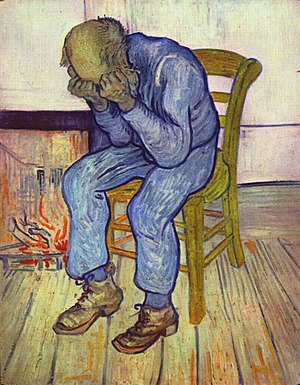It means that alcohol taking behavior takes over the persons other behaviors like working, socializing and other entertainments.

Diagnostic guidelines
1. Strong desire and sense of compulsion to take alcohol
2. Difficulty in controlling alcohol taking behavior.
3. Symptoms of withdrawal like tremors, sweating, increased heart rate, nausea, vomiting and hallucinations, once alcohol is stopped.
4. Tolerance to alcohol, meaning that increase in the amount of alcohol needed to get the same effect. This will result in progressive increase in the amount of alcohol intake.
5. Progressive neglect of alternate pleasure activities. Previous hobbies are stopped to take on alcohol.
6. Persistent use of alcohol despite clear evidence of mental, physical and social harm.
If three or more of above features are present in an individual then alcohol dependence syndrome can be diagnosed.
Since most people are secretive about their alcohol habits, it is difficult to elicit above features. Sometimes doctors need to take comprehensive history from persons family/friends to diagnose Alcohol dependence syndrome.


